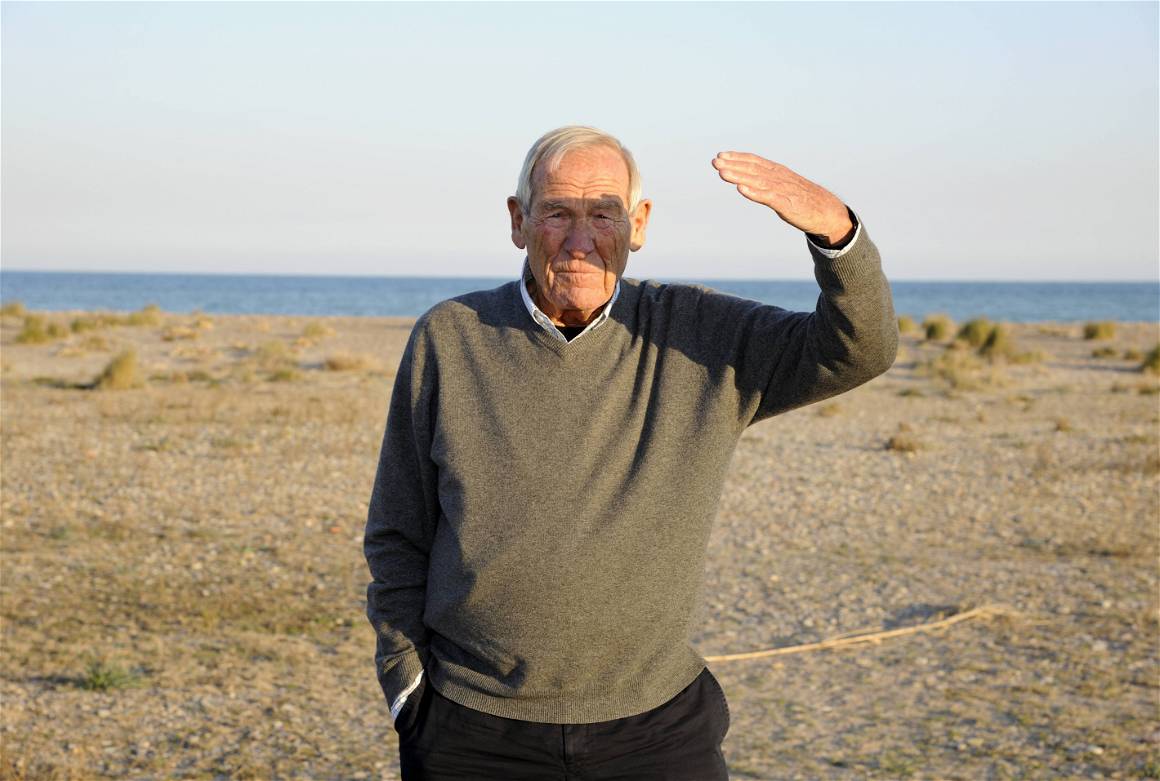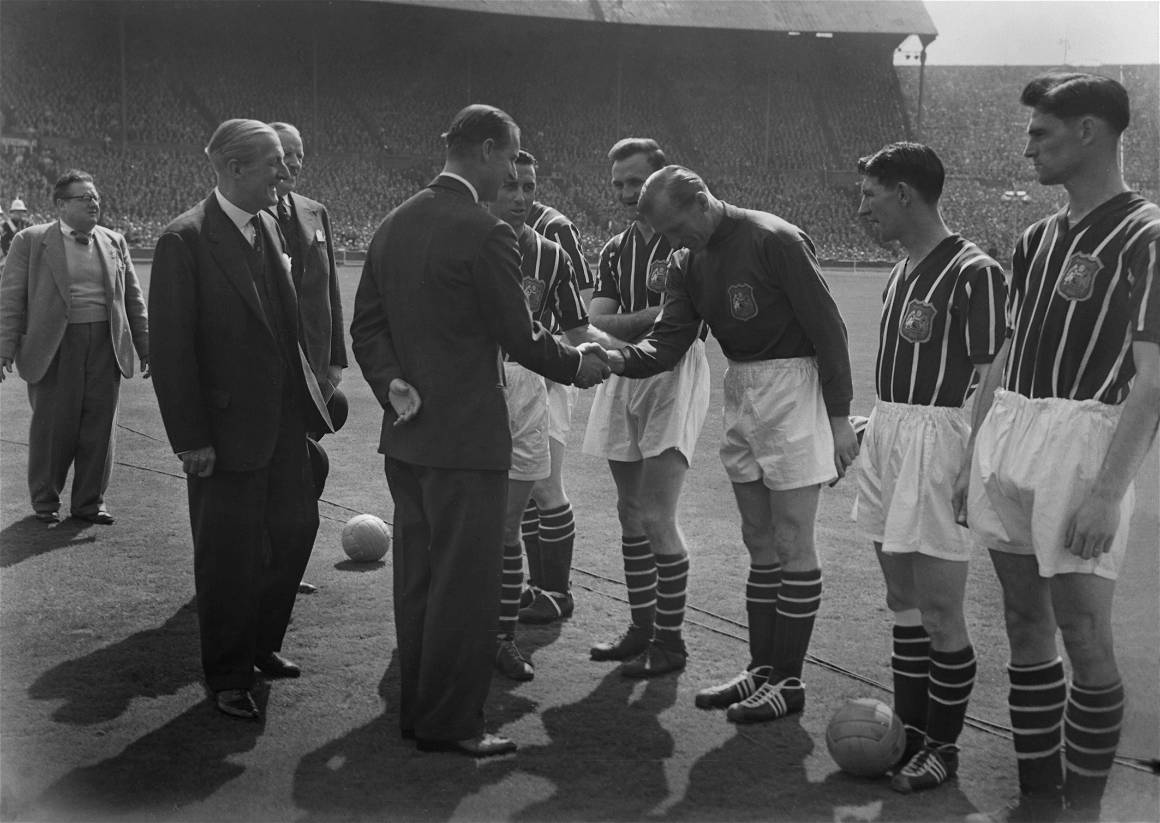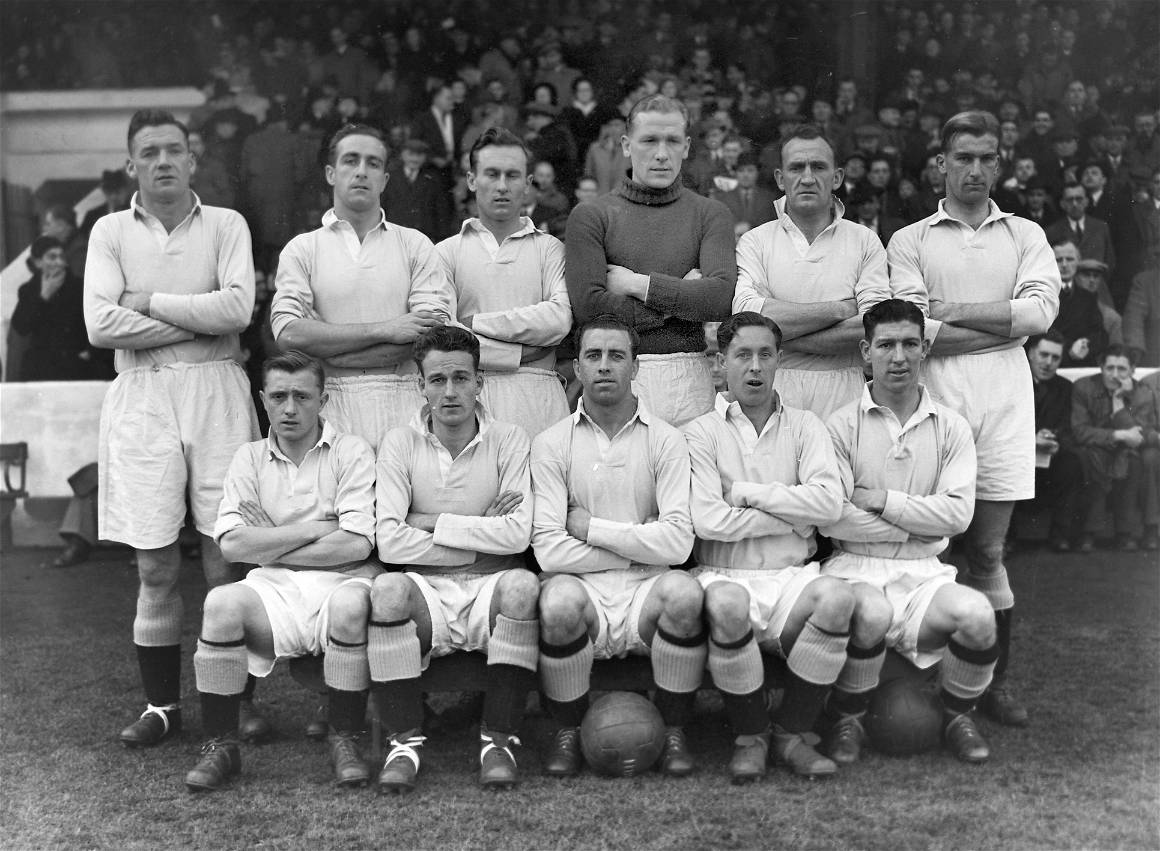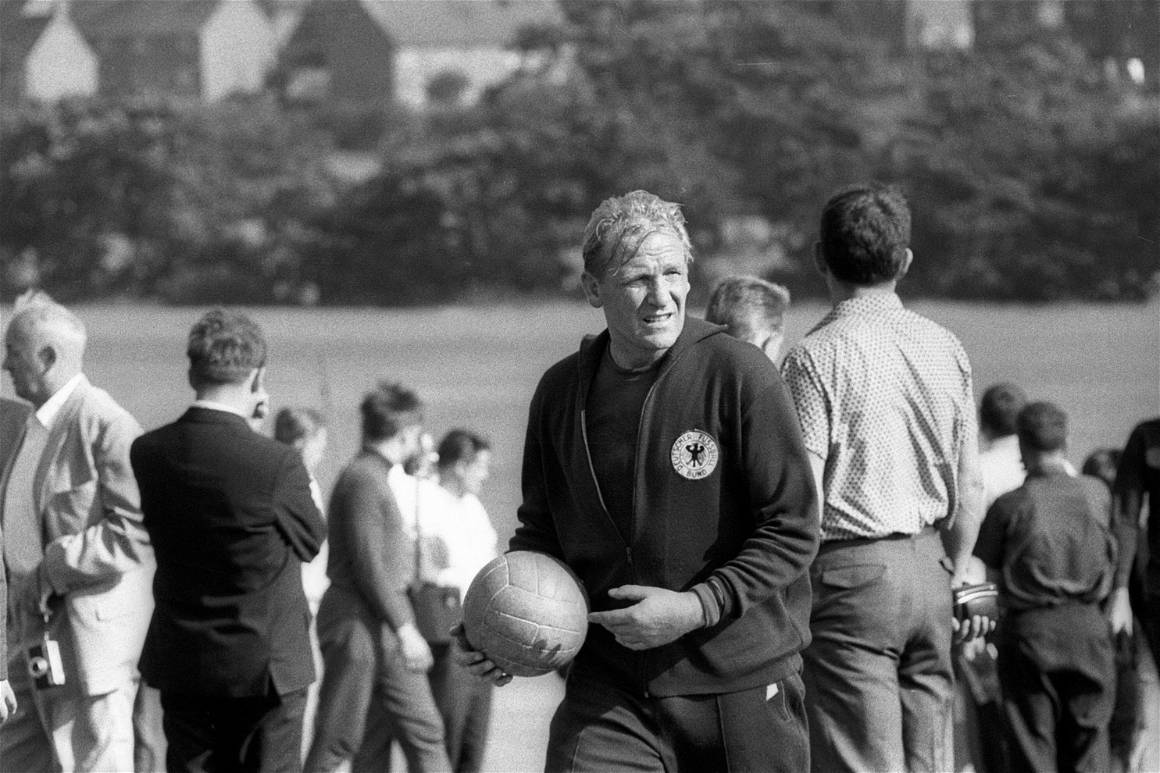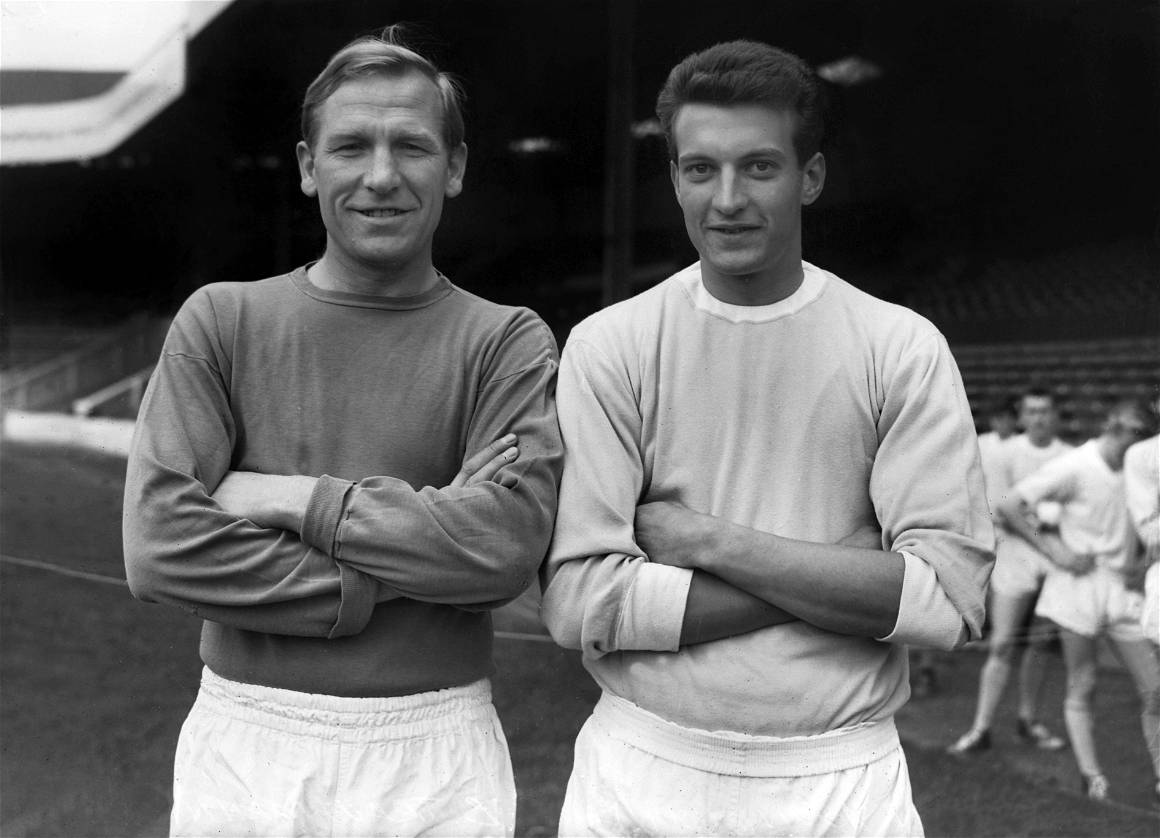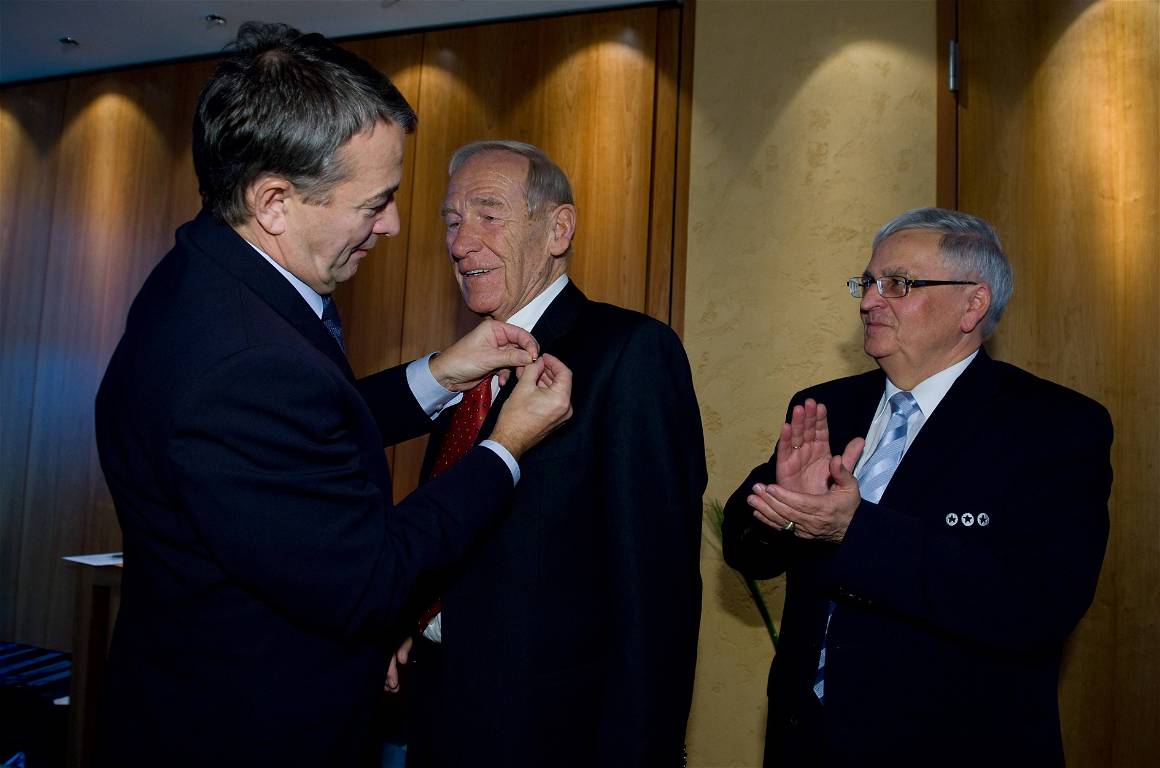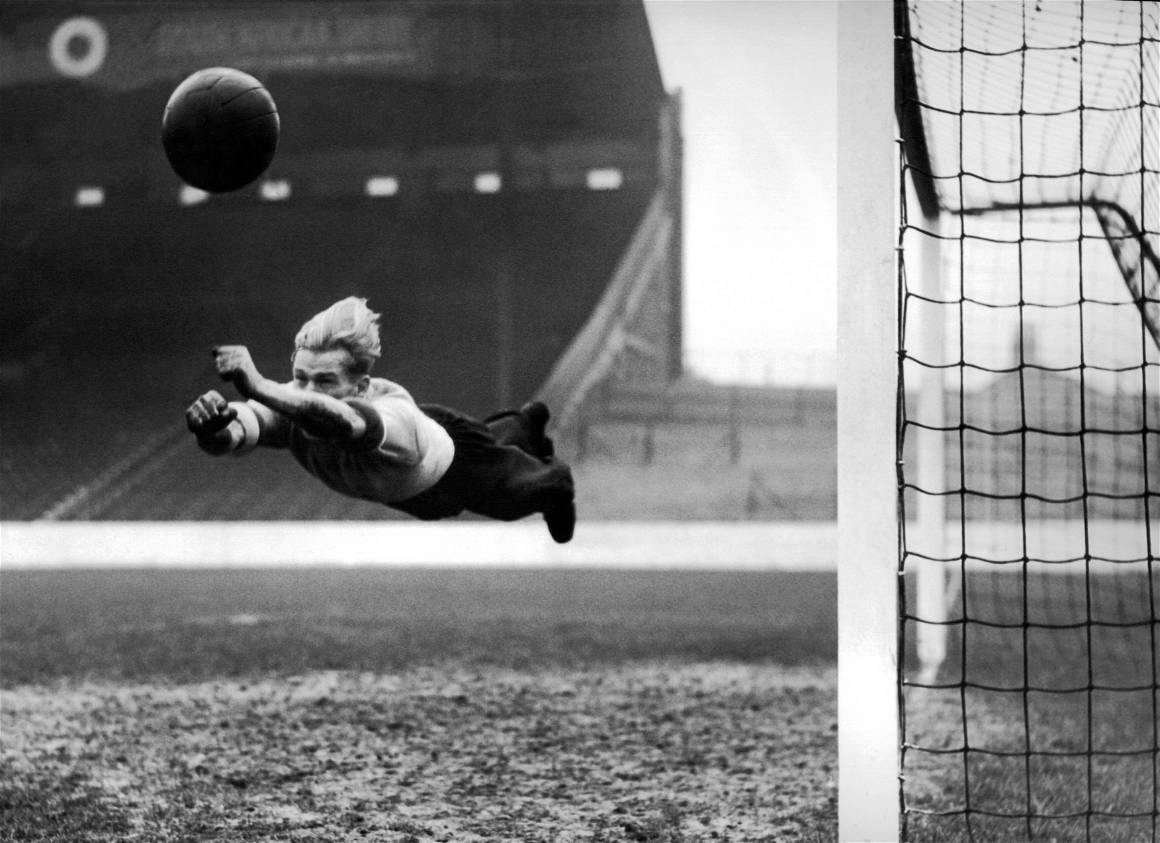Amid the backdrop of war-torn Europe, a tale that sounds more like fiction than reality unfolded. It's the story of Bernhard Carl “Bert” Trautmann - a former Luftwaffe paratrooper, a war prisoner, and ultimately, a football icon.
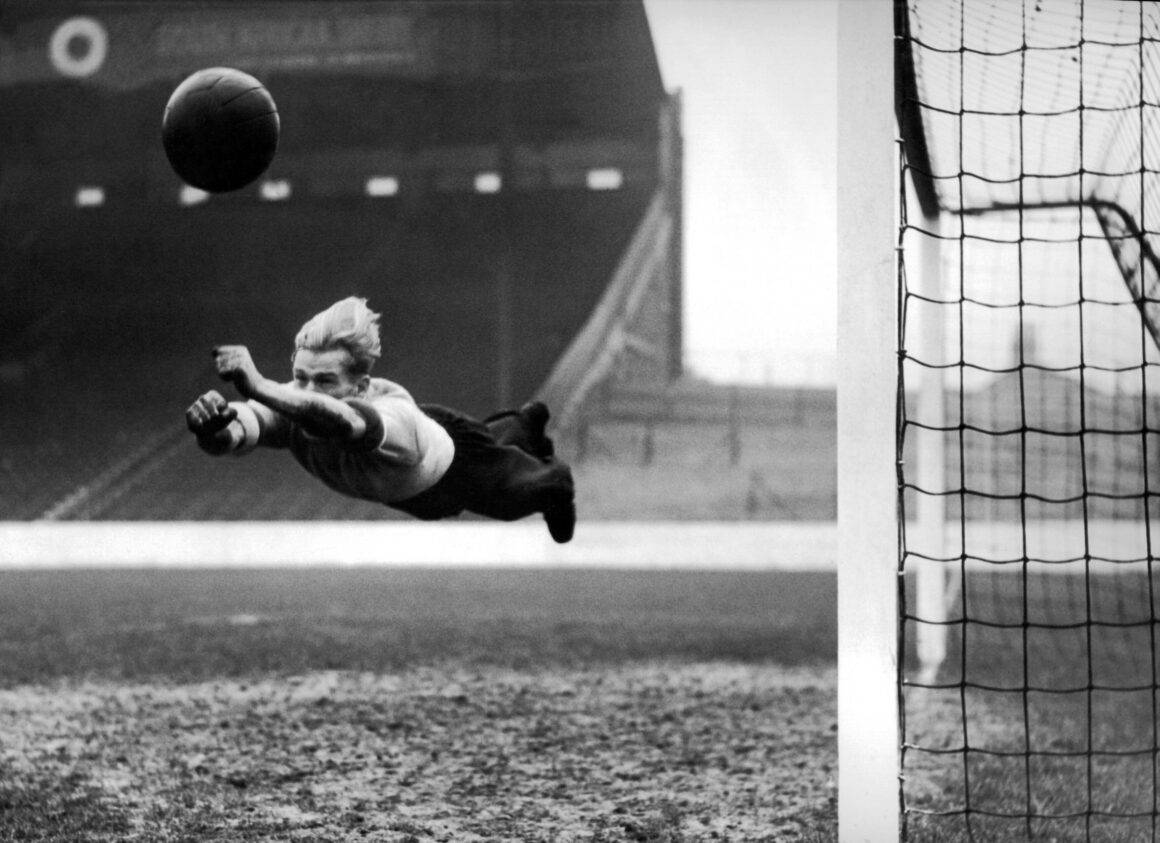
100 Years Bert Trautmann: From War Prisoner to Football Legend
A Twist of Fate: Bert Trautmann
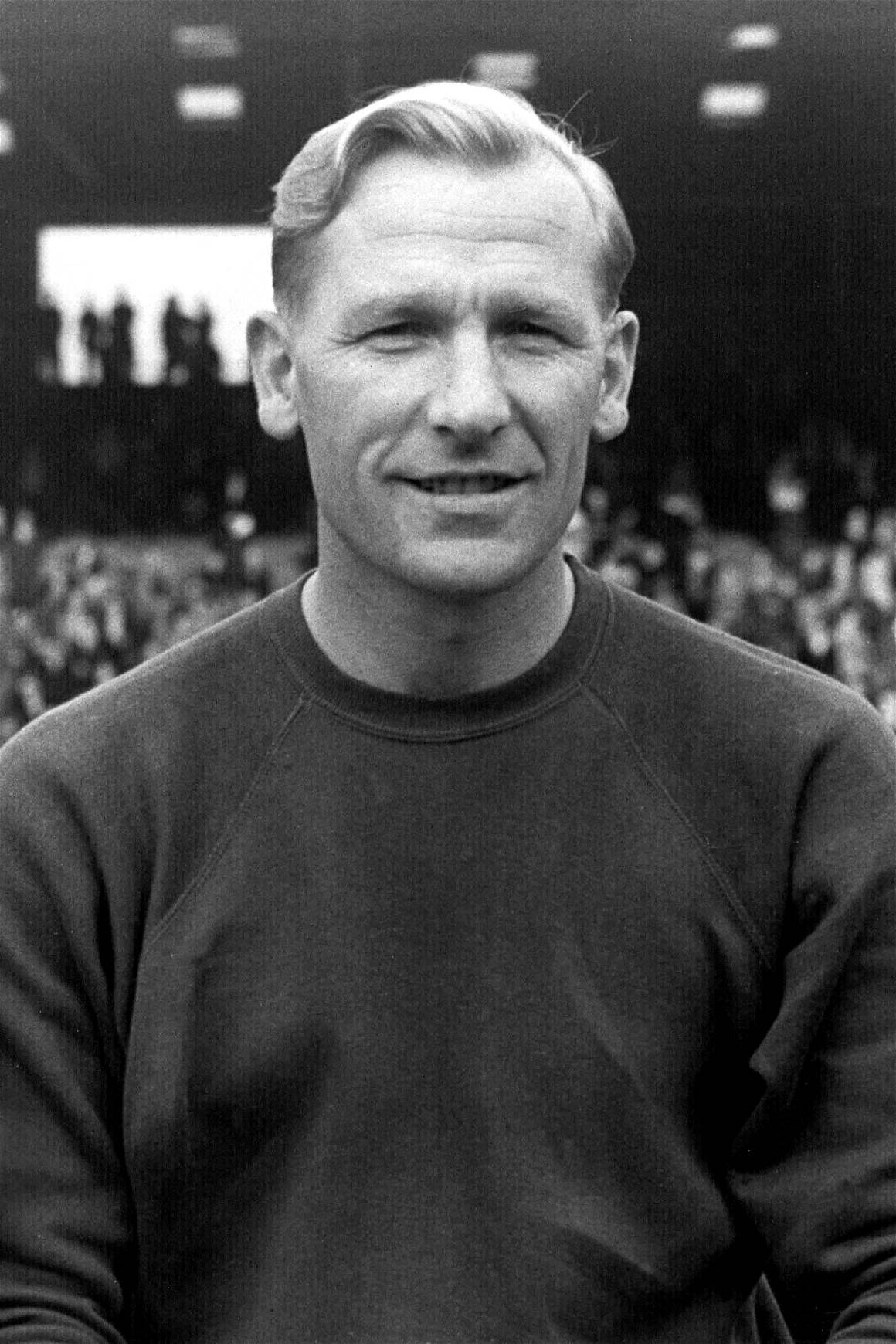
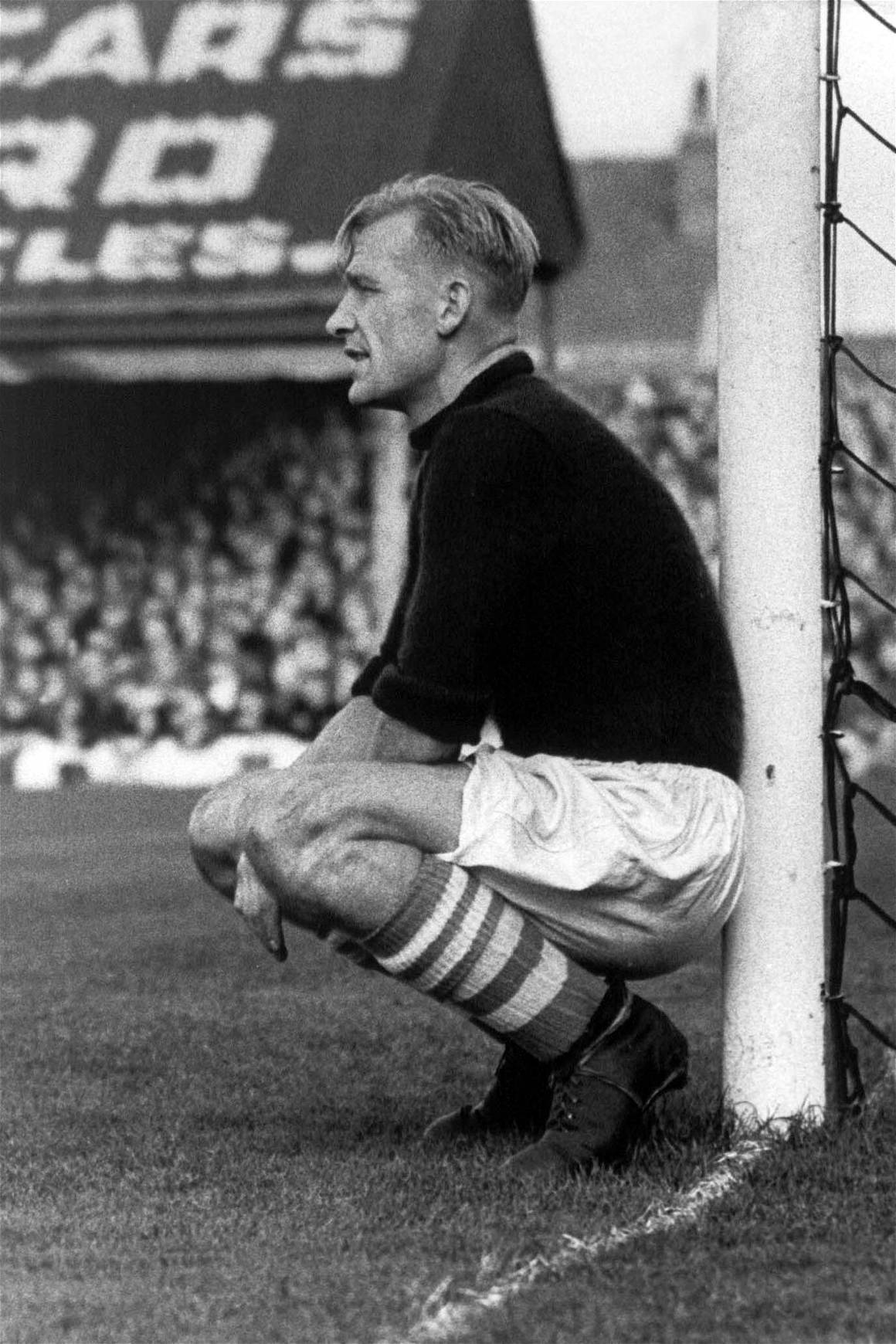
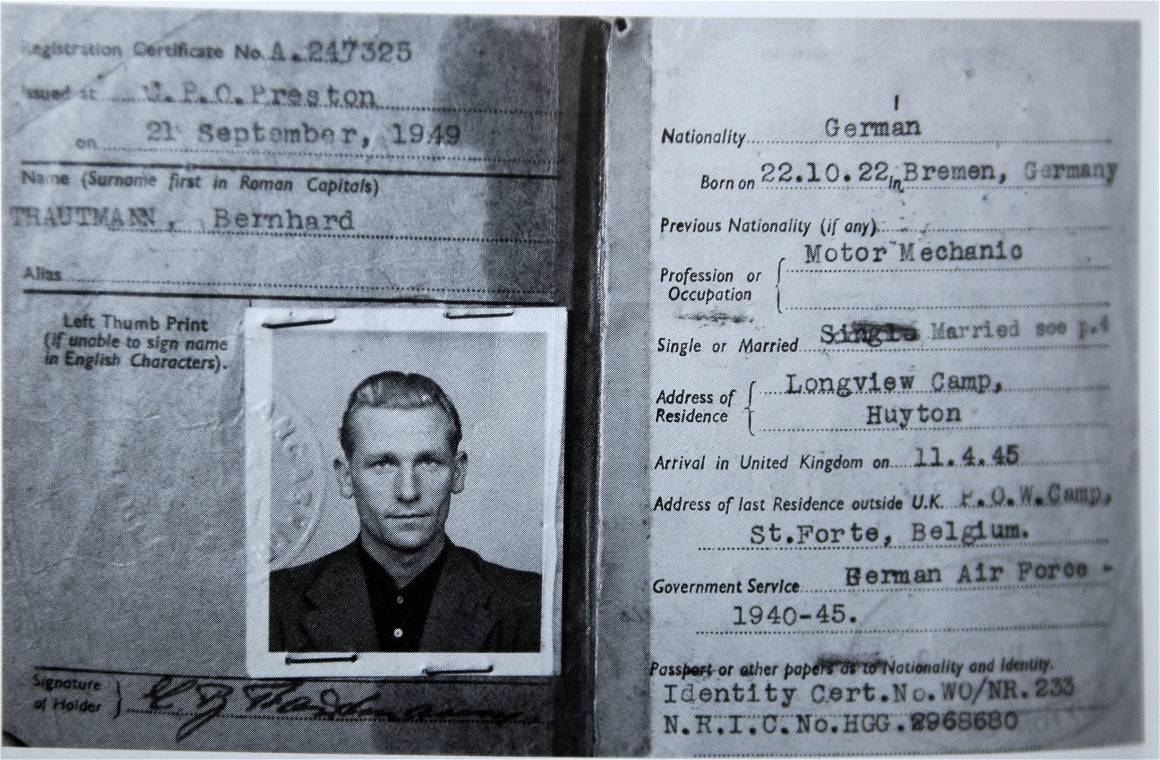
“Trautmann was a fantastic man and was one of the greatest goalkeepers of all time” – Joe Corrigan
Trautmann’s journey from a German war prisoner to an English football legend is nothing short of astonishing. Captured by the British in France, Trautmann’s transition from a camp in Lancashire to playing football in England was steered by his undeniable talent.
He enlisted as a paratrooper in the German Army in 1941 after joining the Hitler Youth as a child at the age of 10. In 1944, the British arrested him in France. He was shipped out to Great Britain and refused postwar return. While in England, Trautmann played amateur football for St. Helens Town, his reputation grew swiftly, and in 1949, he was signed by Manchester City.
Although playing for Manchester City turned out to be a good decision, in an interview with DFB, Trautmann gave a more simple reason for signing the contract with this club: “Is it true that you only signed a contract with them because you needed to go to the toilet and wanted to get rid of your guests? Trautmann: Yes, that’s true (laughs). Looking back, I also think it’s quite a curious story. I was lying in bed, suffering from the flu. There was a ring at the door, and it was some Manchester City representatives. We were negotiating for around four hours, and they simply wouldn’t leave. As I desperately needed to go to the toilet, I simply signed the contract to end the waiting. DFB.de: There wasn’t an option for you to go to the toilet and then to continue the negotiations? Trautmann: There probably was, but my English wasn’t so good at that time. I simply signed the contract to end the discussions.”
“An amazing man who helped bring our warring countries closer together.” – Bob Wilson
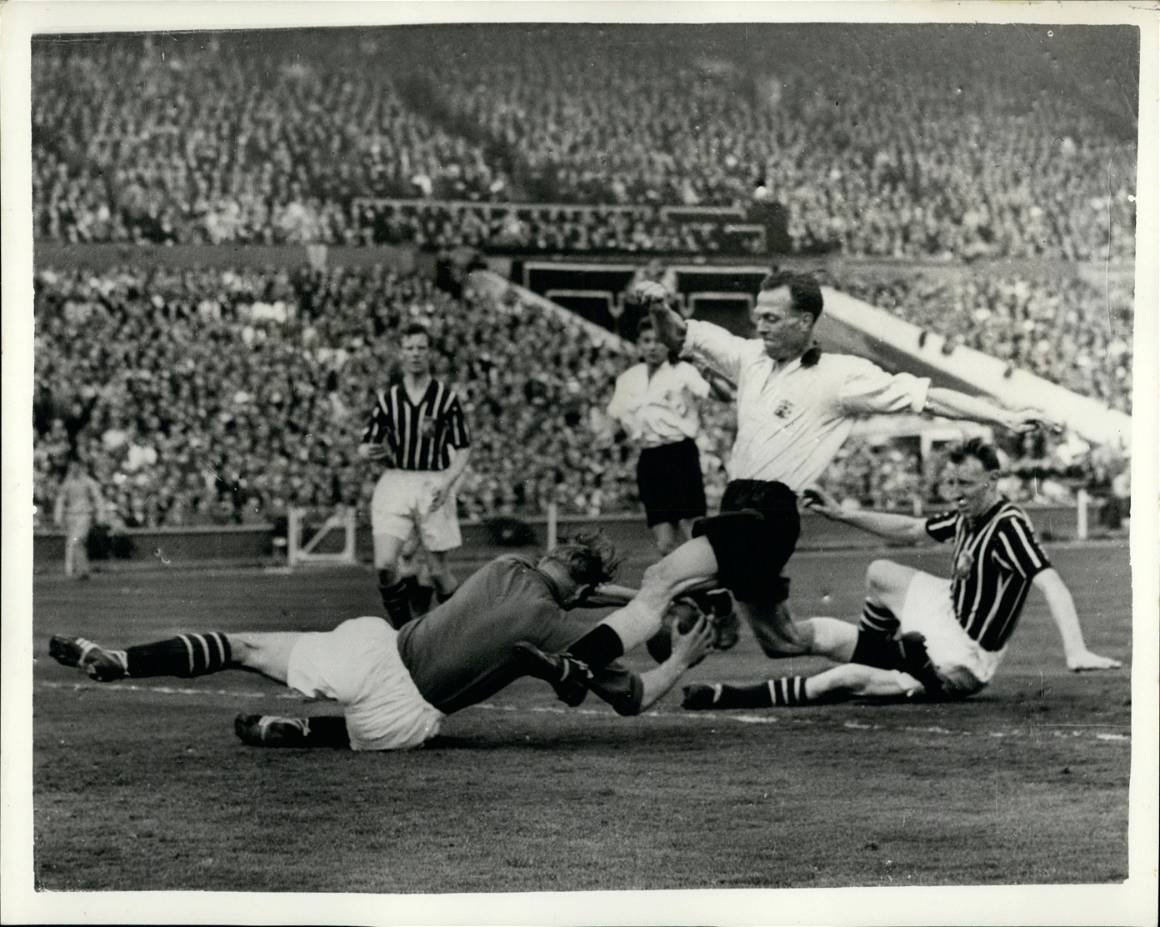
The Shift to Stardom
Despite initial resistance from fans due to his German origins, Trautmann’s exceptional goalkeeping skills couldn’t be ignored. Over a 15-year span with Manchester City, he made more than 500 appearances. His most memorable moment for fans? The 1956 FA Cup final, where he played the last 17 minutes with a broken neck!
He later revealed what doctors told him: playing in that state could have been fatal. Yet, he remarked, “When you experience so many harrowing things at a young age, you don’t complain about how tough life is just because you have to be (on) drip-fed food for five months.”
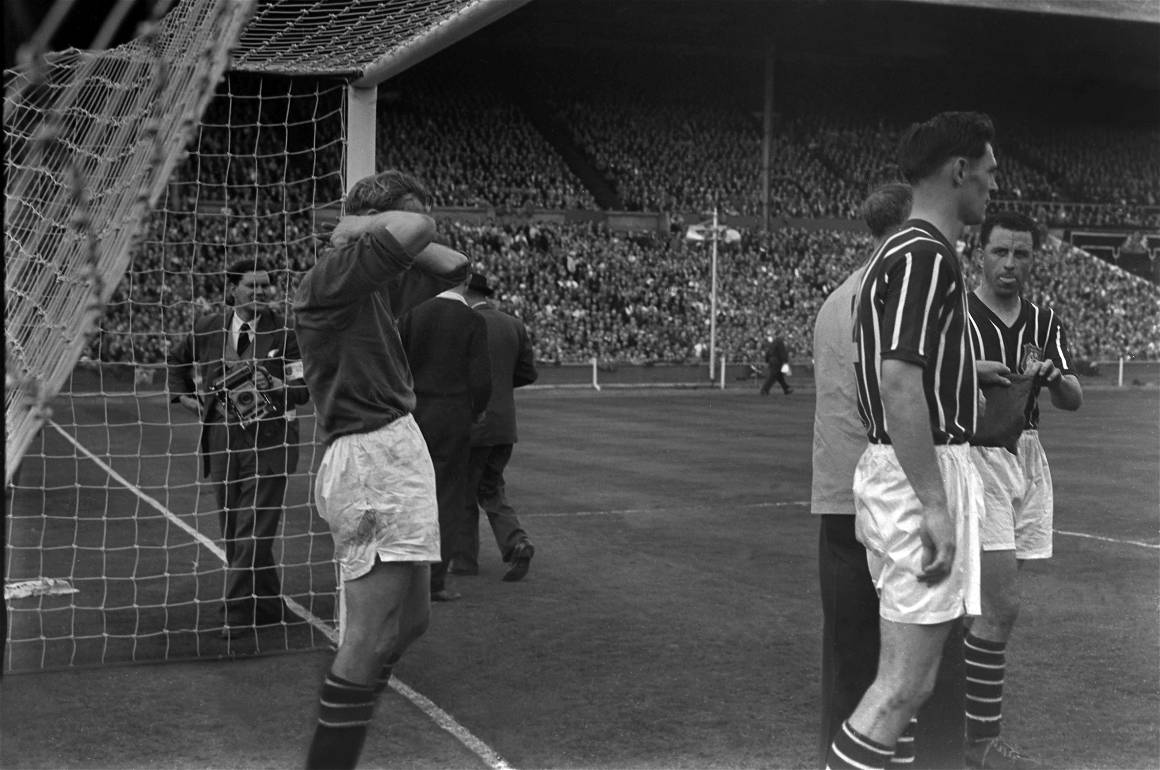
Most Memorable Achievement from Bert Trautmann’s Point of View
Though Trautmann amassed numerous accolades during his career, when questioned about his proudest, he cited the runner-up medal from the 1955 FA Cup final against Newcastle United. Describing its significance, he said, “It is well known that I never played for Germany, so I followed the 1954 World Cup just like any other fan. After Germany became world champions, they played a friendly against England in London in December 1954. I (was) allowed to help the German delegation and visited Wembley for the first time the night before the match. I went onto the pitch, stood between the posts and said to myself: “It would be the greatest privilege to play here once. This dream became reality just six months later as we reached the FA Cup final. That was unbelievable for me. Therefore, that runners-up medal feels almost like a winner’s medal for me.”
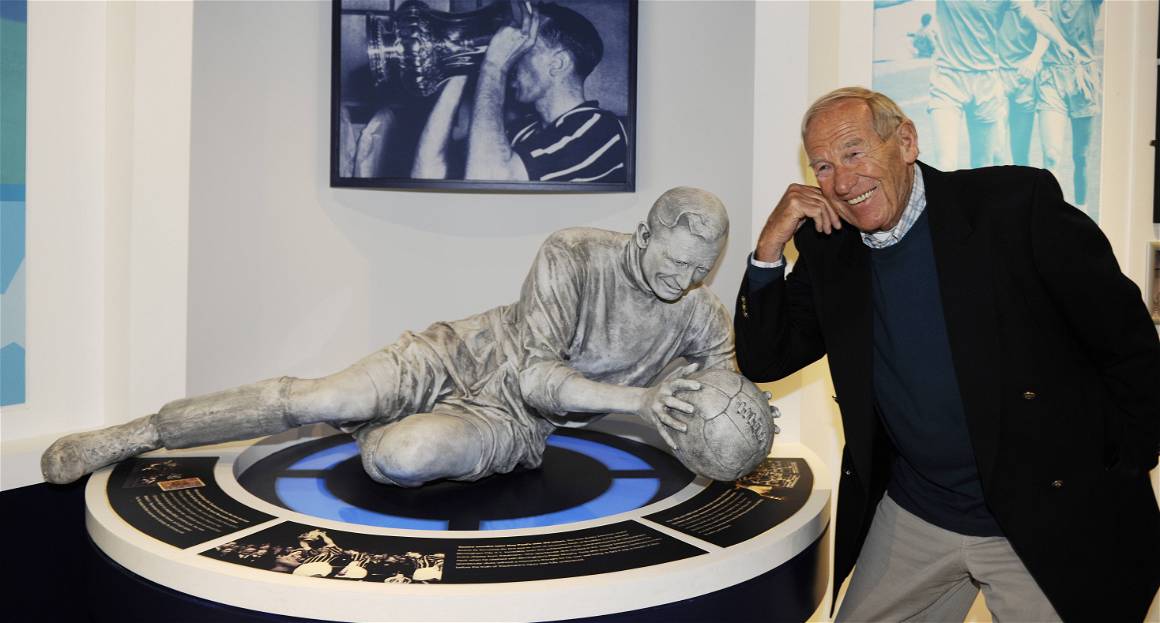
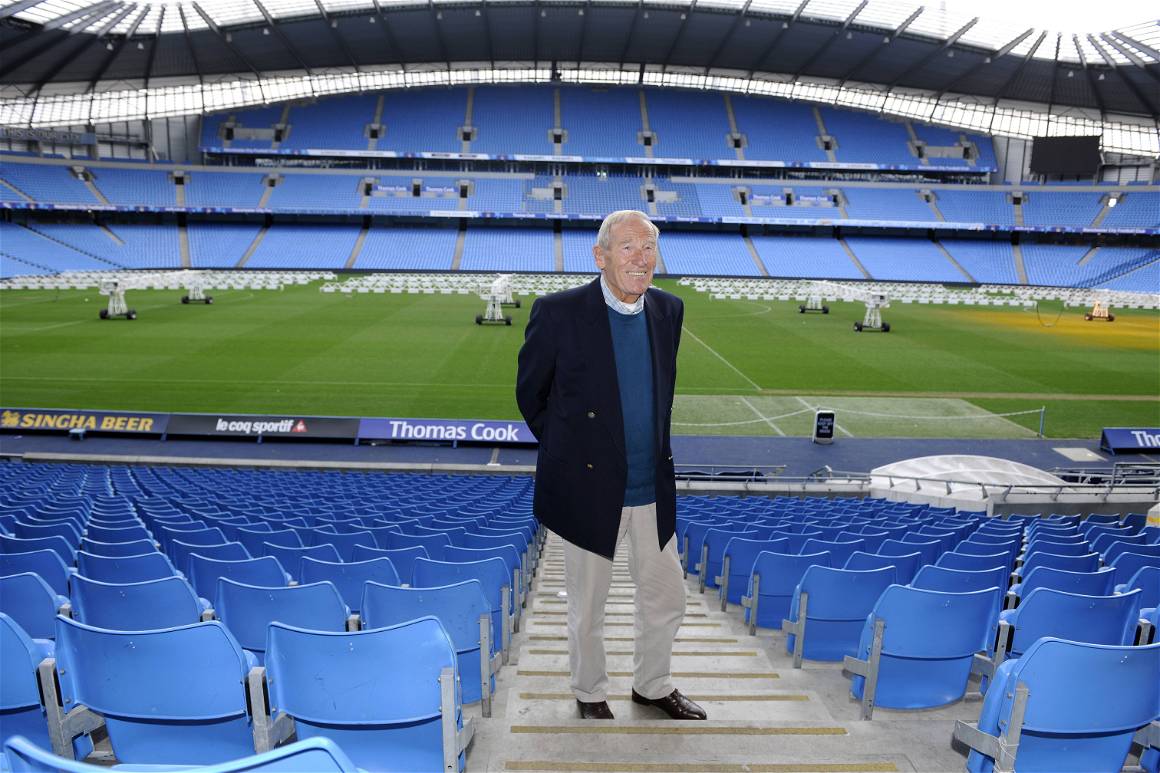
Bert Trautmann ’s Legacy
As Joe Corrigan, the former Manchester City goalkeeper, puts it, Trautmann was “a fantastic man and was one of the greatest goalkeepers of all time”. However, Trautmann’s impact wasn’t just felt on the field. Bert’s legacy goes beyond football. He was a beacon of hope, showing that old enemies could come together through the love of the game.
At the time that Trautmann joined the club, Manchester had a sizable Jewish population, and the public took the club’s decision to recruit the goalkeeper deeply. Roughly 20,000 supporters demonstrated outside the Maine Road stadium, chanting “Nazi” and “war criminal” and threatening to stop attending games. Most of the news headlines were critical of him, including “Send the Nazi home,” “Kraut goalkeeper with Iron Cross,” and “Man City’s goalkeeper doesn’t want to remember our pain.”
It was under these circumstances that he changed the prevailing opinion and was able to play his way into the hearts of the English football community with his spectacular performances and achievements. Bob Wilson, the Arsenal goalkeeper, described him as an “Amazing man who helped bring our warring countries closer together.”
Trautmann’s remarkable journey from the battlefields of WWII to the football pitches of England is another evidence of human resilience and the unifying power of sport. His contributions to football and his influence in mending war-torn relations are invaluable.
